Author: Catherine Marshall
-
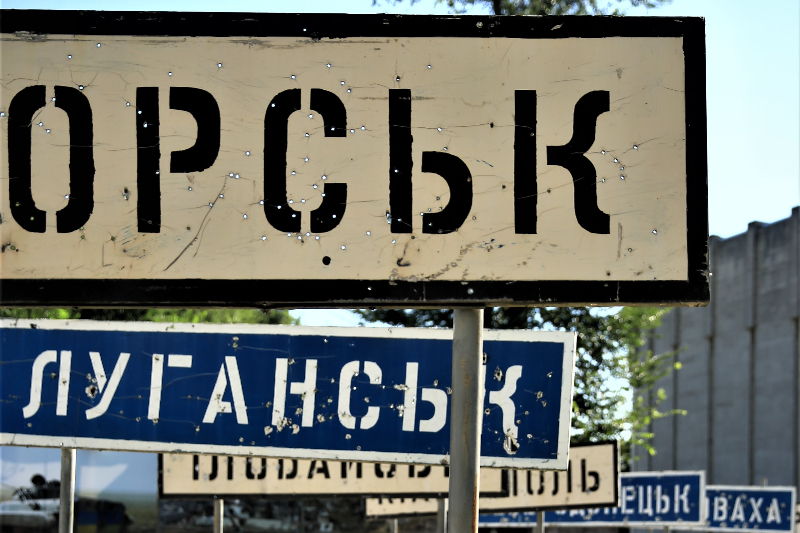
ARTS AND CULTURE
- Catherine Marshall
- 12 April 2022
4 Comments
The country’s most recent conflict — ongoing skirmishes with Russian-backed separatists in Crimea, Luhansk and Donetsk, just 230km east of here — had been memorialised at an open-air exhibition: a latticework of bronze flowers had been superimposed upon an ambulance wrecked in battle; bullet-ridden place names from affected villages were lined up like a column of condemned POWs.
READ MORE 
-
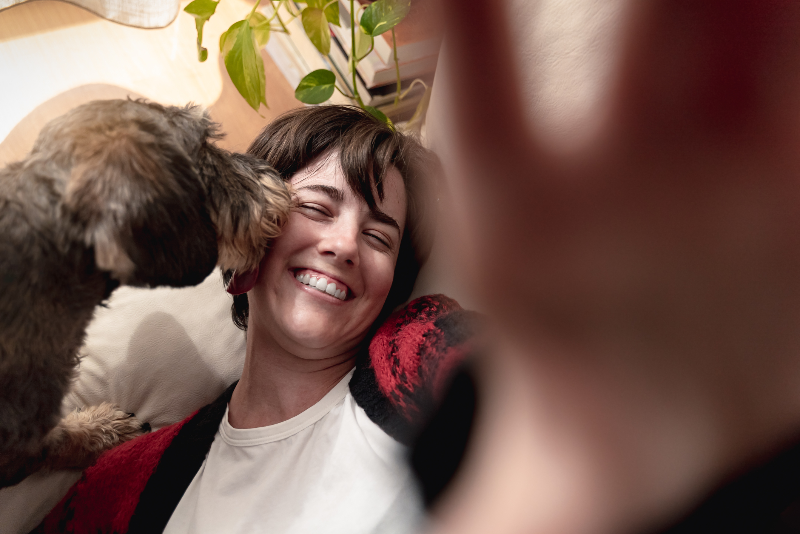
ARTS AND CULTURE
- Catherine Marshall
- 30 September 2021
3 Comments
For almost two years our pets have had us all to themselves. Everywhere I go now, the dogs follow: to the study, to the television, to the bathroom, to bed. I’m the recipient of that same loyal companionship sought out by so many during the pandemic: across the world, demand to adopt or foster animals — and dogs, in particular — has surged.
READ MORE 
-
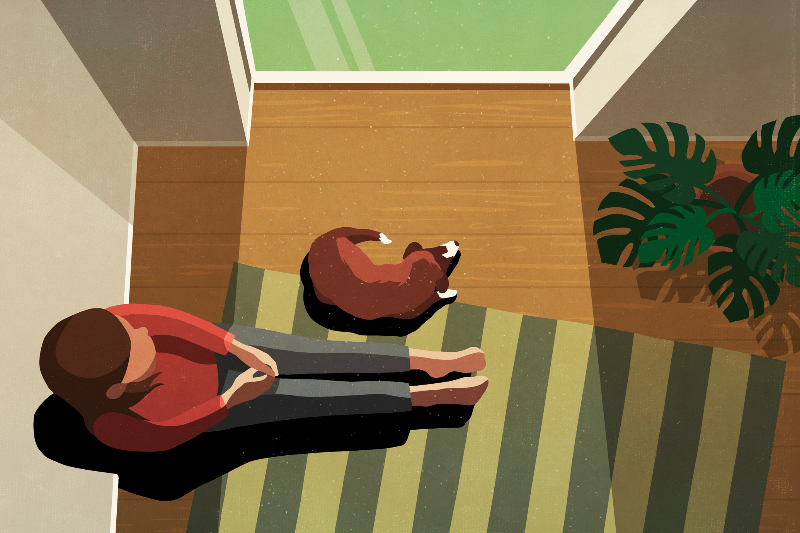
ARTS AND CULTURE
- Catherine Marshall
- 29 July 2021
6 Comments
The despair induced by daily infection and death tallies would be, in normal times, ameliorated to some extent by one’s workaday routine. And the crisis would be borne in togetherness — an impossible response, since the pandemic calls on us to withdraw into ourselves rather than draw together.
READ MORE 
-
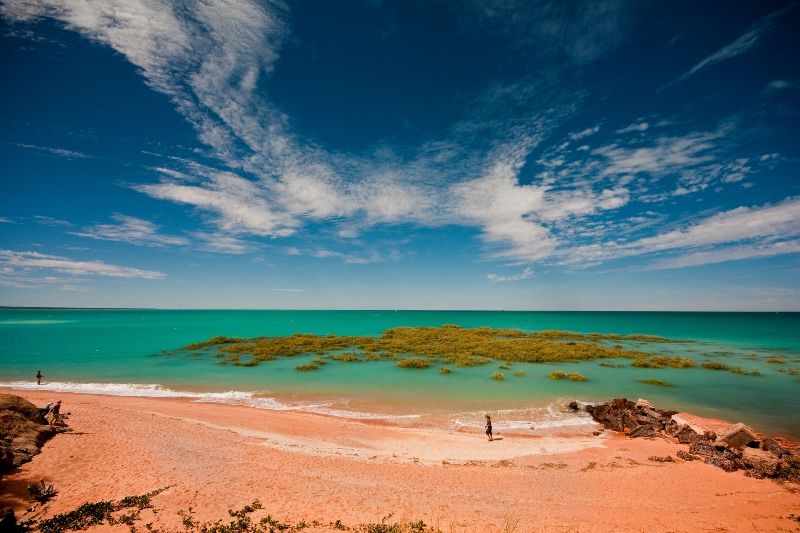
AUSTRALIA
- Catherine Marshall
- 27 May 2021
1 Comment
The emptiness is dispelled as I pull into Broome, a frontier city located on Western Australia’s Kimberley coast. The city centre, currently undergoing a major revamp, buzzes with pedestrians. Restaurants require booking. Down on Cable Beach, cameleers are lining up their charges for sunset rides and road-trippers are driving onto the wet sand and setting up camping chairs and cracking beers as they settle in for the show of a lifetime.
READ MORE 
-
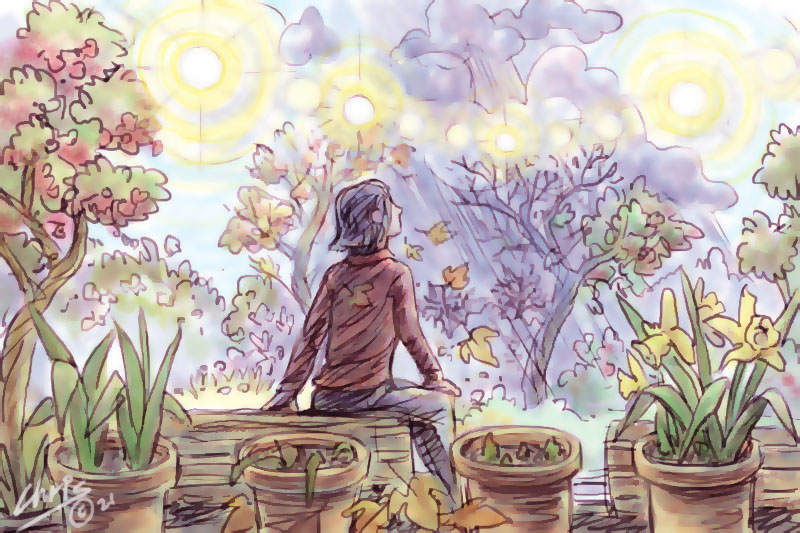
ARTS AND CULTURE
- Catherine Marshall
- 20 April 2021
4 Comments
Sitting at my garden table one warm February day watching birds dash from paperbark to Tasmanian blue gum to palm tree, I realised with a satisfying jolt that I had been present for every season of this singular year; I had journeyed in sync with my surroundings on their year-long journey around the sun.
READ MORE 
-
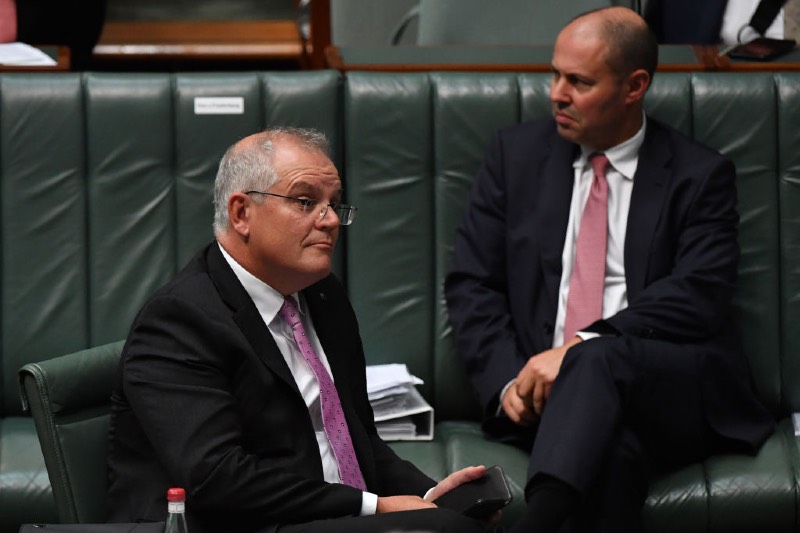
AUSTRALIA
- Catherine Marshall
- 25 February 2021
22 Comments
The two most incisive statements relating to the allegations of sexual assault currently miring the Liberal party have come from opposite ends of its hierarchy: the junior employee allegedly raped in a defence ministry office two years ago, and the head of government who denies any prior knowledge of her ordeal.
READ MORE 
-
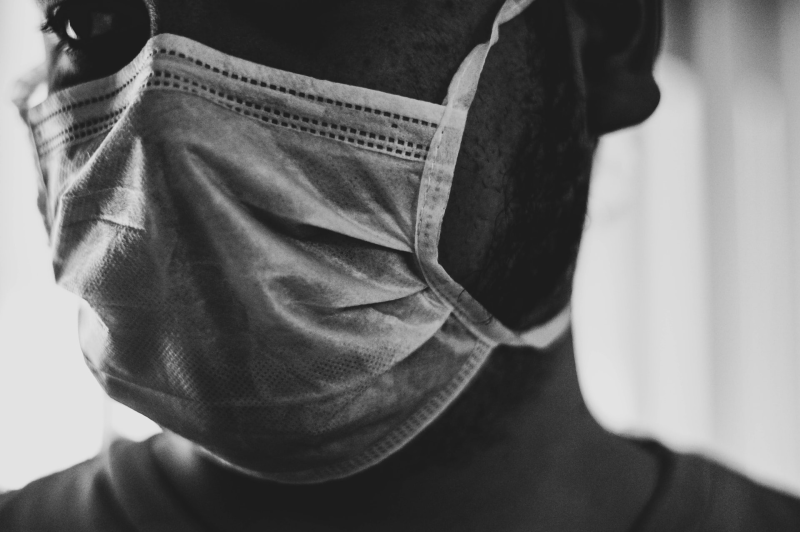
INTERNATIONAL
- Catherine Marshall
- 21 January 2021
8 Comments
What will it take, I wonder, to change these people’s minds? In an era as politically divisive as the one Americans (and Australians, for that matter) are living through, nothing is likely to convince detractors that COVID is an omnipresent threat — except perhaps the only thing with tangible currency in this whole blasted catastrophe: the visceral consequences of the pandemic itself.
READ MORE 
-
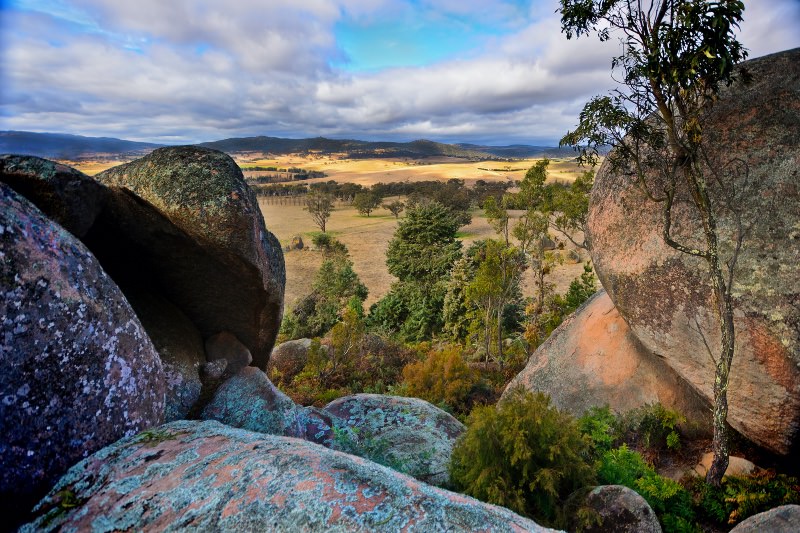
AUSTRALIA
- Catherine Marshall
- 10 December 2020
4 Comments
There’s not a spare parking spot to be had in the NSW central west town of Orange. Patrons spill from cafes onto pavements and queues trail in orderly ribbons from the gelato shop’s doorway. There’s no room at any inn, and restaurants are bursting at their (COVID-compliant) seams; forget about scoring a table if you haven’t booked ahead of time. Travel is back, and regional Australia is the big winner.
READ MORE 
-
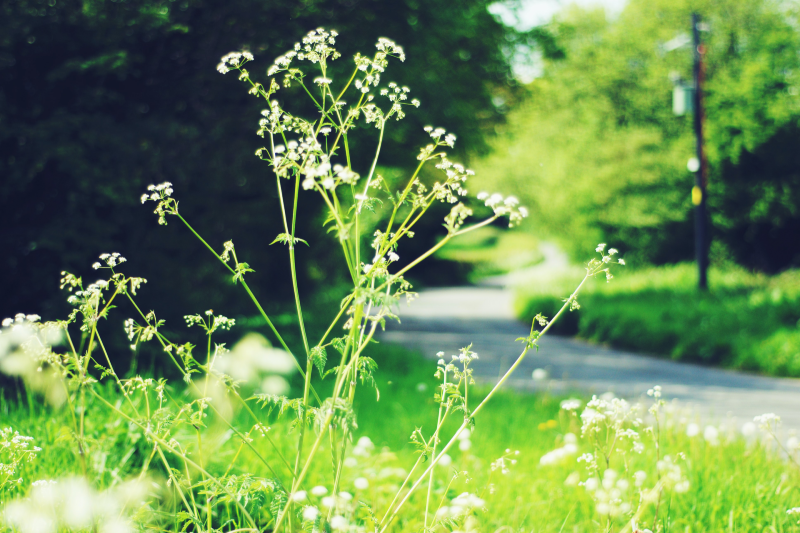
ENVIRONMENT
- Catherine Marshall
- 17 September 2020
10 Comments
The freesias are a delight, for they flower in random places on their knife-edge leaves in yellows and whites and mauves, their beauty absolving them from their dubious classification as weeds. They delight the eye, therefore they are forgiven. But why not the nightshade and the onion weed, with their delicate flowers? What makes a weed a weed, anyway?
READ MORE 
-
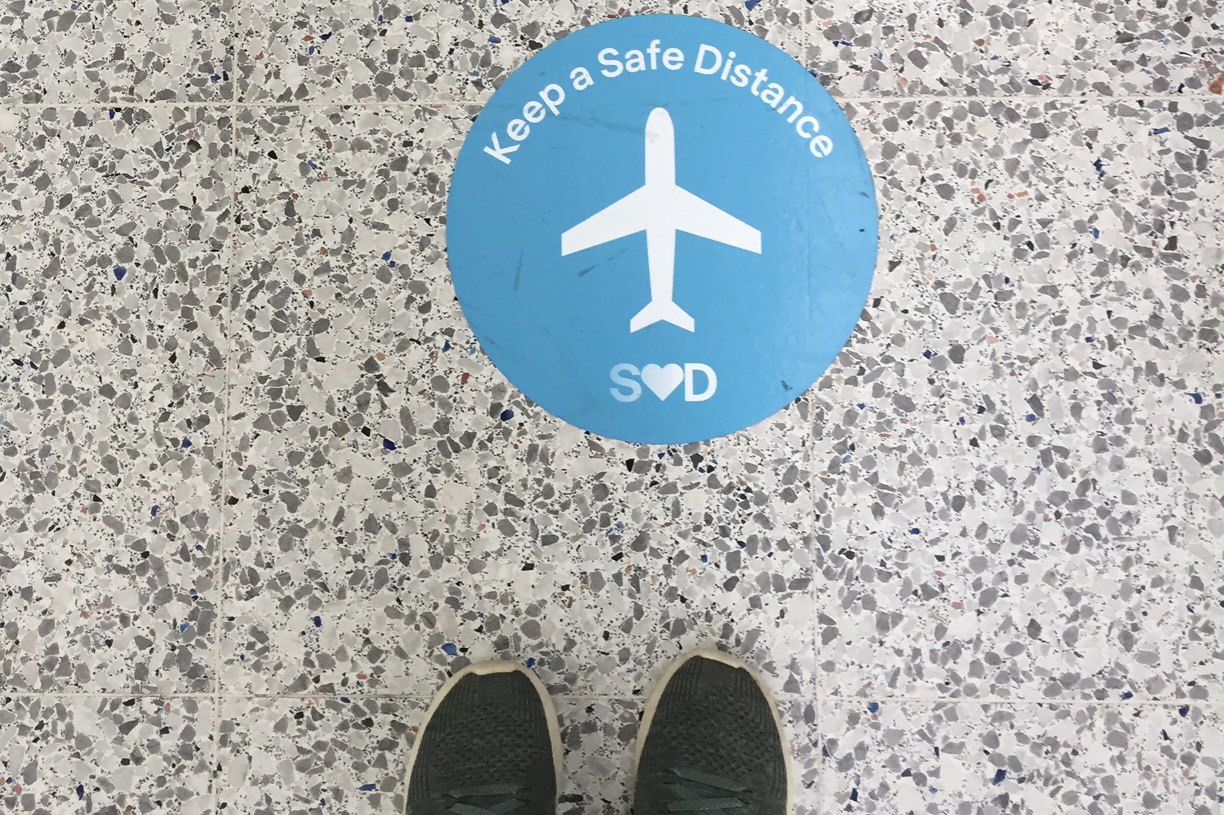
ARTS AND CULTURE
- Catherine Marshall
- 23 July 2020
8 Comments
Six months grounded and I’d forgotten how to fly. I was due to take my first COVID-era flight, a brief flip from my home in Sydney to Ballina on the NSW mid-north coast for a meeting a few weeks ago. But I wasn’t ready.
READ MORE 
-
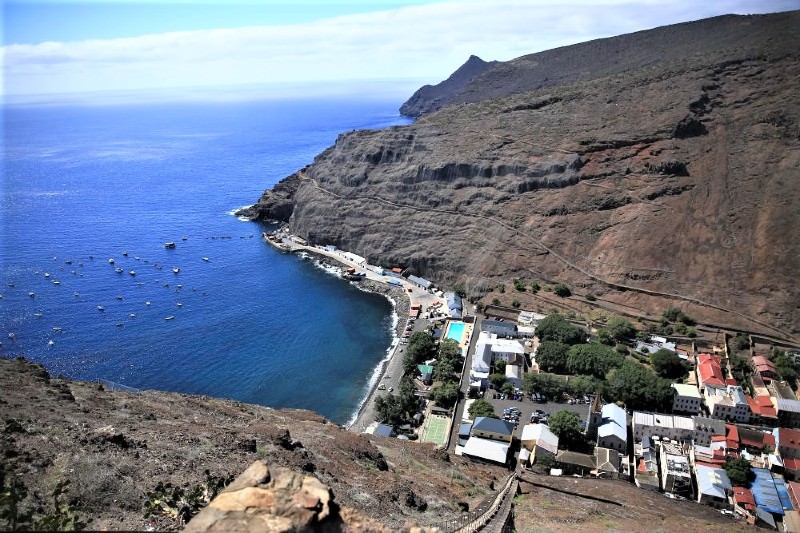
ARTS AND CULTURE
- Catherine Marshall
- 15 May 2020
7 Comments
This time last year I was smuggling contraband into one of the world’s most inaccessible places of exile. I’d stared down nervously as we descended onto the island’s lofty runway — a strip of ribbon ending abruptly high above the sea.
READ MORE 
-
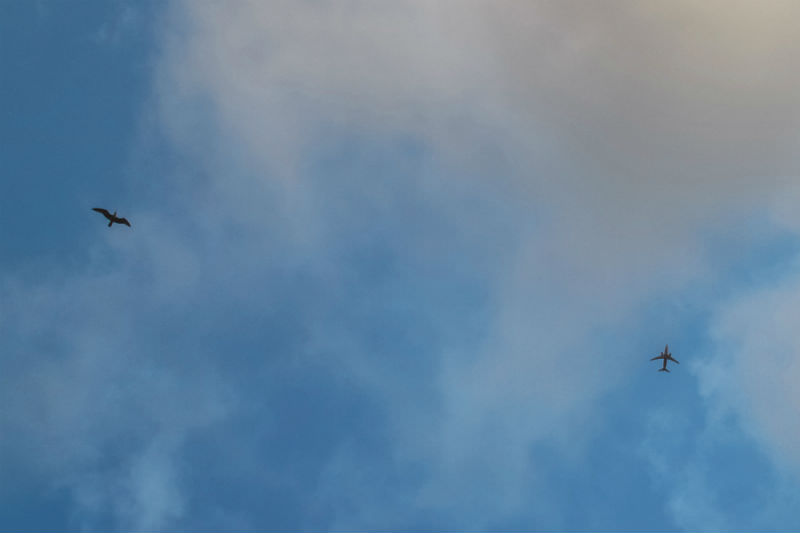
ARTS AND CULTURE
- Catherine Marshall
- 20 April 2020
7 Comments
So rapidly have I adapted to this surreal existence in which we now find ourselves, the sound which was once an inseparable part of my morning routine — jets announcing the dawn as they droned overhead — has now become disturbingly anachronistic.
READ MORE 